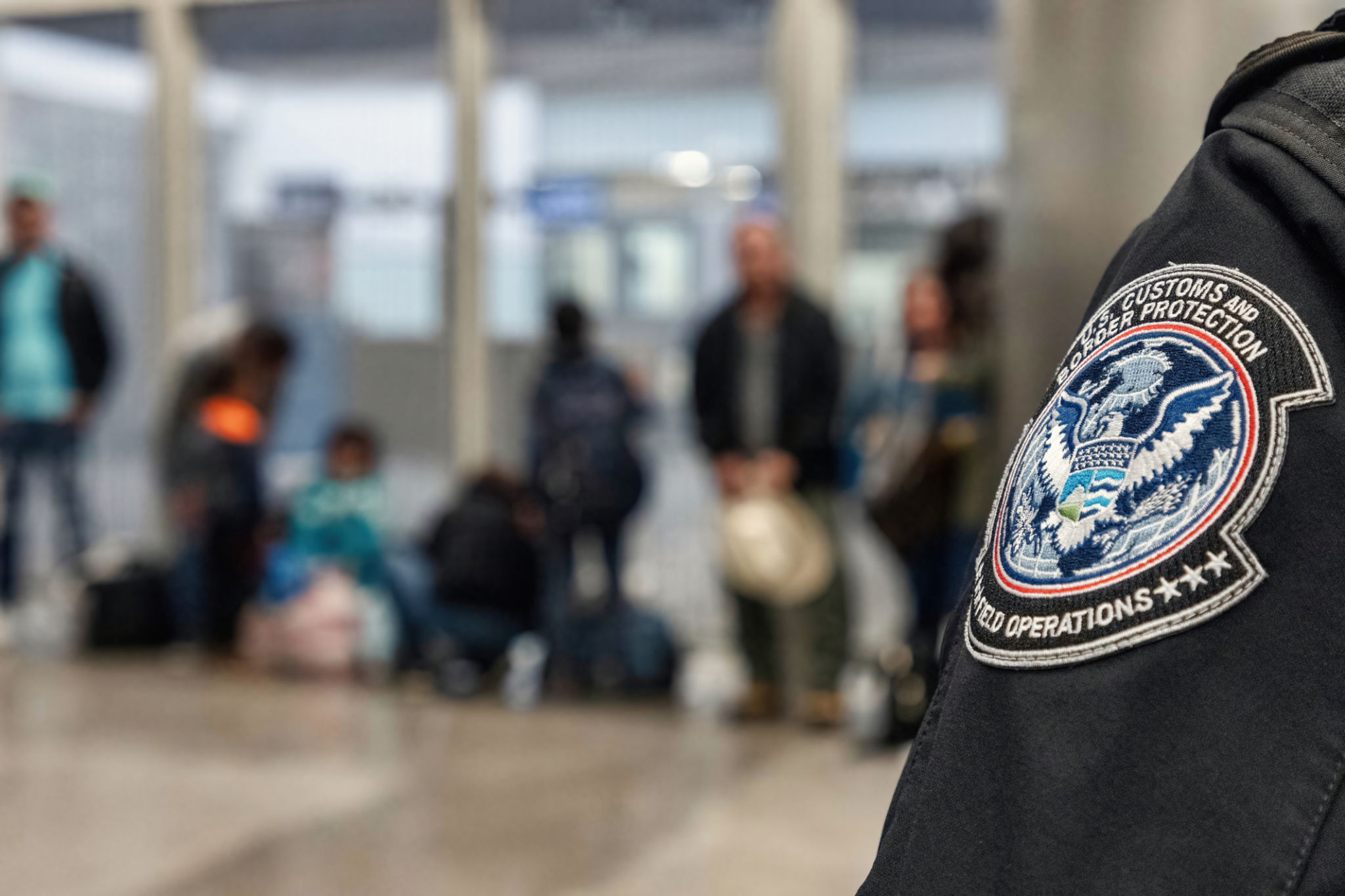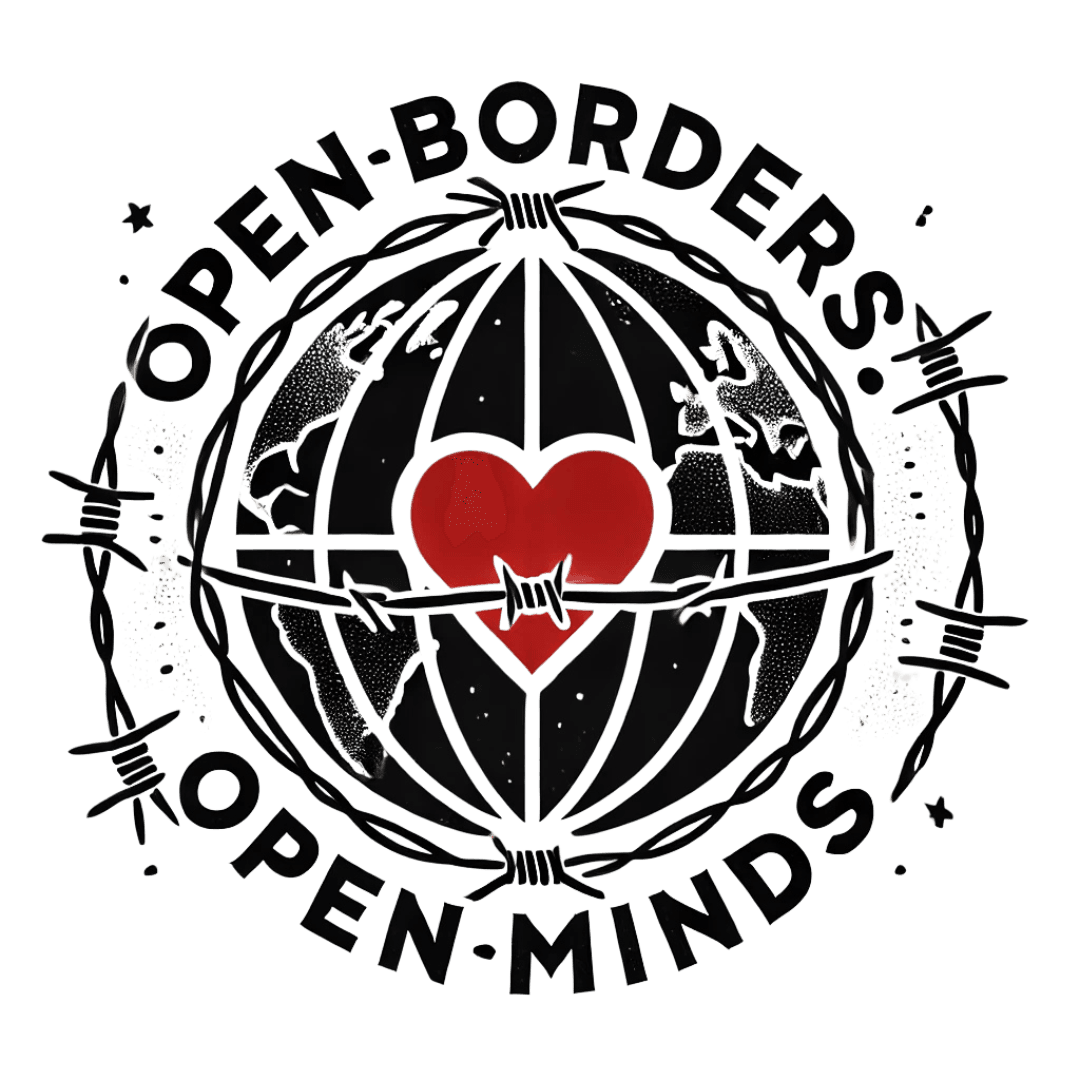Exploring the Open Borders Debate: Perspectives and Implications
Understanding the Open Borders Debate
The concept of open borders is a widely debated topic, often evoking strong opinions from both sides of the political spectrum. At its core, the open borders debate revolves around whether or not countries should allow unrestricted movement of people across their borders. Advocates argue that open borders can lead to economic growth and cultural exchange, while opponents raise concerns about national security and resource allocation.
Historically, borders have played a crucial role in defining the sovereignty and identity of nations. However, as globalization continues to blur these lines, the need to re-evaluate traditional border policies becomes more pressing. The debate is not merely academic; it has real-world implications for millions of people seeking better opportunities and safer lives.

The Economic Perspective
One of the primary arguments in favor of open borders is the potential for significant economic benefits. Proponents suggest that allowing free movement of labor can lead to a more efficient allocation of resources. This could result in increased productivity and economic growth, as workers move to regions where their skills are in high demand.
Moreover, open borders can help address demographic challenges faced by many developed countries, such as aging populations and shrinking workforces. By welcoming immigrants, these countries can replenish their labor pools, sustain social welfare systems, and stimulate economic activity.

Challenges and Concerns
Despite the potential benefits, the idea of open borders also presents several challenges. Critics often highlight concerns about national security, arguing that unrestricted movement could increase the risk of terrorism and crime. Additionally, there are fears that open borders may strain public services and infrastructure, leading to overcrowded schools, hospitals, and housing markets.
Another concern is cultural integration. Critics worry that large influxes of immigrants may lead to social tensions and a dilution of national identity. They argue that without proper integration policies, open borders could exacerbate divisions within society.

Humanitarian Considerations
Beyond economic and security issues, the open borders debate also has significant humanitarian implications. Millions of people around the world are displaced due to conflict, persecution, or environmental factors. Open borders could provide these individuals with opportunities to seek safety and rebuild their lives in more stable environments.
However, facilitating such large-scale migration requires international cooperation and robust support systems to ensure that both immigrants and host communities can thrive. This includes providing access to education, healthcare, and employment opportunities for newcomers.
Finding Common Ground
While the open borders debate can be polarizing, it is essential to find common ground and work towards solutions that balance the diverse needs and concerns involved. Policymakers must consider both short-term and long-term impacts on society, economy, and security.
Potential compromises might include implementing more flexible immigration policies that allow for increased mobility while maintaining necessary security measures. Such approaches could help address labor shortages, promote cultural exchange, and offer humanitarian assistance without overwhelming public resources.

The Role of International Collaboration
Addressing the complexities of open borders requires international collaboration. By working together, countries can develop frameworks that facilitate safe and orderly migration while protecting human rights. Collaborative efforts can also enhance border security through shared intelligence and technology.
Ultimately, the open borders debate challenges us to rethink traditional notions of nationhood and identity in an increasingly interconnected world. As we navigate this complex issue, it is crucial to consider diverse perspectives and seek solutions that foster both economic prosperity and human dignity.
